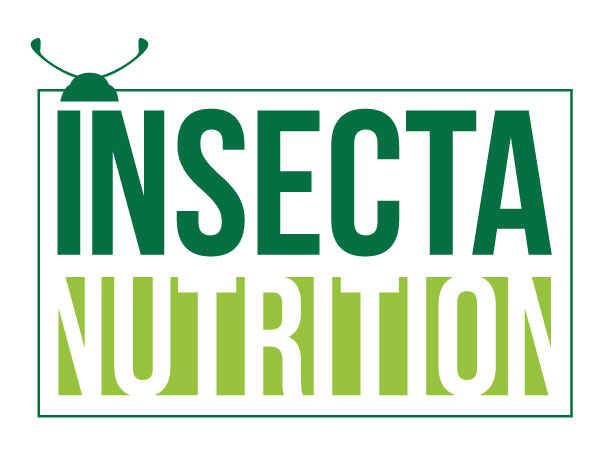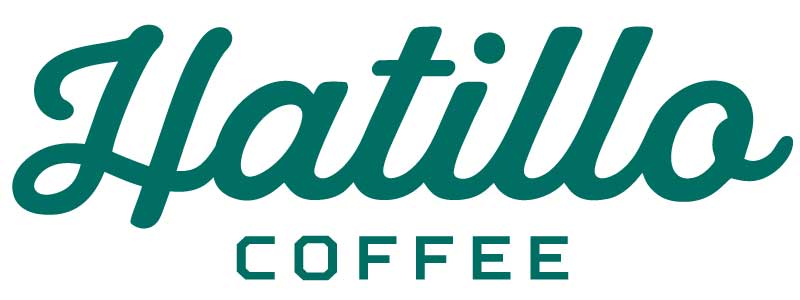Our Company
Headquartered in Washington state, Smart Sustainable Nutrition (SSN) LLC is a food company dedicated to promoting alternative foods that are both sustainable and nutritious. We aim to create healthier eating habits that are affordable and accessible to all.
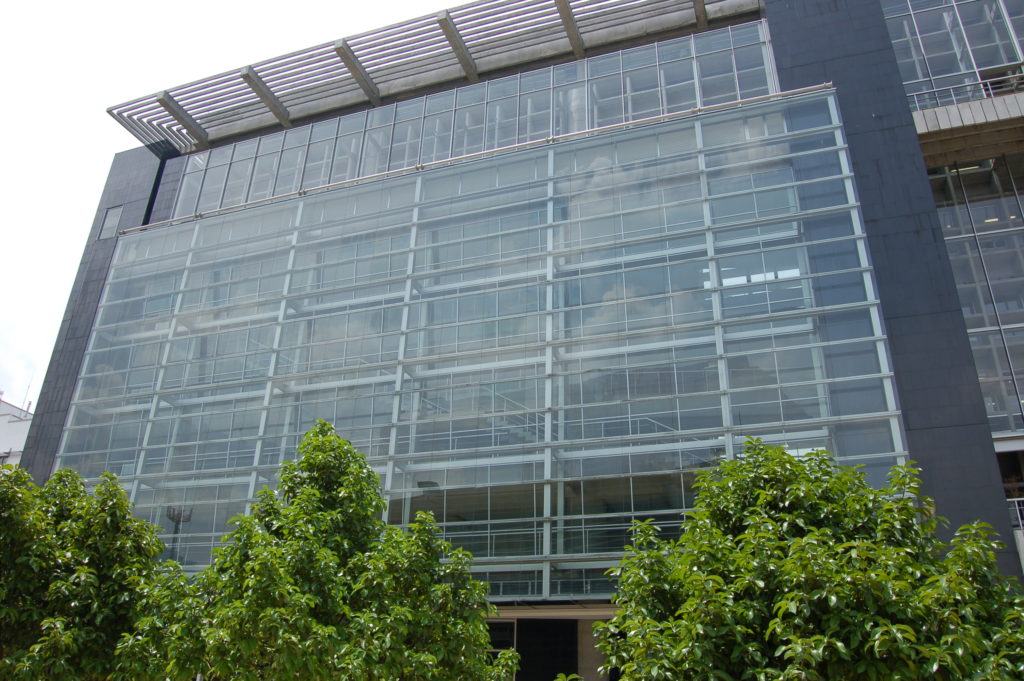
The Challenge
At SSN, we care about the environment, and we want to do our part to help preserve it.
Human nutrition places immense pressure on the world’s ecosystems. As the human population continues to grow, so does the need for intensive agriculture.
Crops and livestock require land and water to turn into the food we eat every day. However, water covers about 71% of our planet, and 96.5% of that water isn’t suitable for animal consumption or crop irrigation due to its salty nature.

With limited access to land and freshwater, humans must start thinking about sustainable ways to feed ourselves.
The status quo is not an option. Our survival as a species depends on immediate change!
Global Nutrition Crisis
Humanity is also facing a double burden of malnutrition characterized by the coexistence of lack of proper nutrition along with overweight and obesity (i.e., diet-related noninfectious and non-transmissible diseases) within individuals, households, and populations.
People who eat unhealthy food, including those who do not have regular access to enough nutritious food, are at higher risk of suffering different forms of malnutrition. Malnutrition affects one in three people, and it can take the form of vitamin and mineral deficiencies, growth retardation, undernutrition, overweight and obesity
Uneven access to healthy food is not only a problem for developing countries. Developed countries also need a profound transformation of their food systems to offer sustainably produced healthy diets for a growing population. Each dot in the world is connected. There is an urgent need to make healthy and sustainable eating affordable and accessible to all.
Why is This Happening?
There are several factors; the main ones are globalization, urbanization, and increasing incomes. During the past 50 years, we have changed our diets and eating habits drastically. Before, we used to get our food from local farmers with ingredients that were rich in fiber, vitamins, minerals and had few or no pesticides. Now, we are dependent on supermarkets and fast-food restaurants, which usually offer ingredients with inferior nutritional value — generally high in calories, starches, refined sugars, fats, and salt. Also, we are dealing with excessive meat consumption
Everything is Connected
Just like the links of a chain, everything in nature is connected.
- Livestock needs land, crops, and water to grow.
- Plants also require land and water to grow.
- Humans demand livestock and crops for nutrition plus land to live and water for hydration and sanitation purposes.
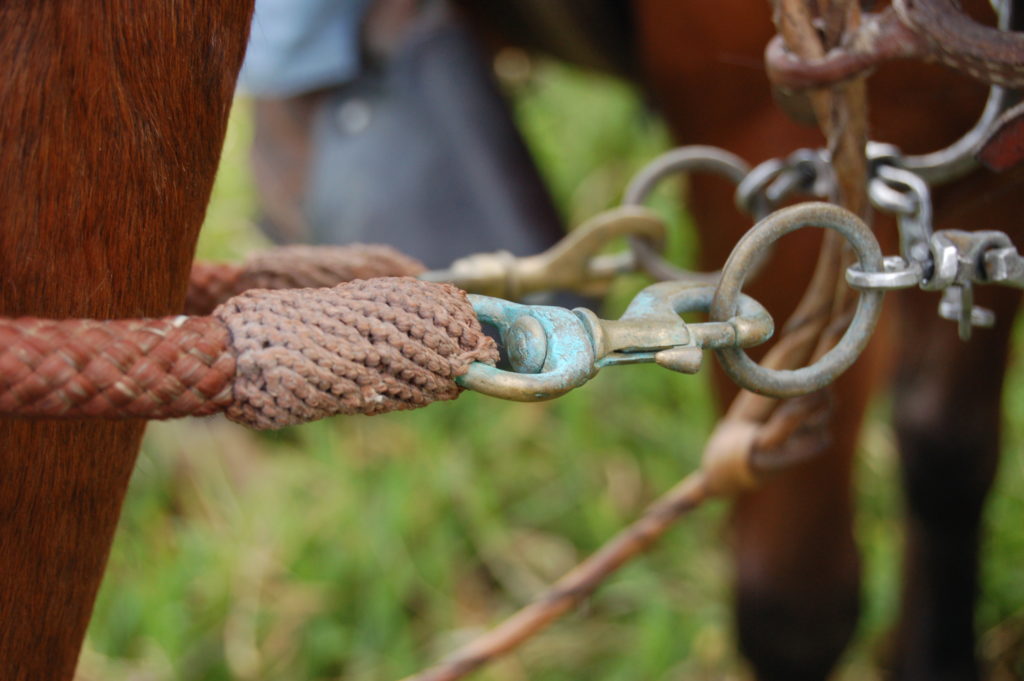
What about wild animals?
The animals we usually see around us like birds, bees, monkeys, frogs, etc. – depending on the part of the world you live in – also need those same resources to survive.
Yet, livestock, crops, and humans also depend on wild animals to endure.
Sustainability = Balance
Putting too much pressure on any of the links in the chain (i.e., ecosystem) hurts all other connections. Take the following, for instance:
- Deforestation to claim land to grow crops, raise livestock, or build homes contributes to climate change;
- Climate change affects the weather (i.e., the supply of water and unpredictable temperature variations);
- Too much or too little rain influences crop yield;
- Low crop yields have an impact on the entire food chain.

What Needs to Change?
Many things need to change, including our way of producing, supplying, and consuming food. Nowadays, our food systems are in favor of the industrialized scaled production based on high-yield staple crops that satisfy the needs of globalization and urbanization. The output of intensified food production combined with climate change, is causing a rapid loss of biodiversity.
Today only nine plant species represent 66% of the total crop production, even though throughout history, more than 6,000 species have been cultivated for food. Currently, wheat, corn, and rice deliver almost 50% of the world food supply.
On the other hand, intensive animal farming — pig, poultry, cattle, sheep, goat, horse, rabbit, duck, salmon, trout carp, catfish, sea bass, and tilapia — and industrialized commercial fishing of various species — herring, cod, anchovy, tuna, flounder, mullet, squid, shrimp, salmon, crab, lobster, oyster, and scallops— account for a substantial share of total human protein consumption. Such dependency on animal protein not only harms wildlife and the environment as a whole but also makes an opportunity for animal abuse, reduction of genetic diversity, species extinction, health risks, and labor issues.
The Silver Bullet Solution
It would be easy, and also misleading, for us to say there is a silver bullet solution to sustainable nutrition. But let’s be clear: There is NO silver bullet!
This debate started half a century ago, and there is no solution yet. The “Green Revolution” was the first stone to a rapid expansion of production agriculture and food distribution, which helped prevent billions of people from starvation. But over time, this approach has favored farming practices that hurt natural resources such as soil, water, forests, and air quality, and has exacerbated the effects of climate change.

Governments, the private sector, and the scientific community are working to adopt several nutrition-sensitive food production practices beyond the current stay of affairs to reduce malnutrition, increase food diversity and improve nutrition for a healthier and more sustainable future.
What is the Role of Smart Sustainable Nutrition in the Solution?
We are thinking outside the box, keeping what is natural and sustainable at the core of our business. Our goal is to help design and produce tomorrow’s alternative food. We are taking advantage of other abundant sources of nutrition that our planet has to offer, but which are not being consumed for a variety of reasons — mostly cultural and economical.
Our Approach
We are exploring the benefits of indigenous foods found in America and scaling them. We are also educating local farmers on different ways of preserving the native species — both flora and fauna — to reduce their footprint on the environment. We decided to start by studying the nutritional properties of insects and plants because we know that the current trend of consumption of healthy enriched or functional foods will continue to rise and will intensify its demand.
Our Brands
Our first brand is all about insects. They are the most diverse group of organisms, with one million species that account for 80% of the world’s species. Many of them are edible, and they are more sustainable to produce than meat, most are high in protein and nutrients, and also quite tasty.
According to a report by the Food and Agriculture Organization (FAO) of the United Nations, insects hold the answer to achieving sustainable protein production.
Our second brand is all about Colombia’s most famous export, coffee. At Hatillo Coffee our mission is to find the best specialty coffee directly from small family-owned farms across Colombia. Obsessed with sustainability and fair trade, we aim to bring unique coffee directly to you while taking care of the environment and giving back to the farmers who grow our flavorful beans.
Our Locations
Smart Sustainable Nutrition LLC has a subsidiary in Colombia – South America; PRONUTRIBLES SAS.
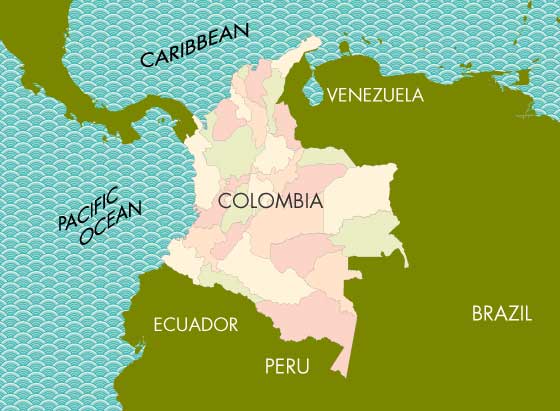
The Colombian company farms the insects, sources the specialty coffee beans, transforms them into nutritional products and exports them to the United States.
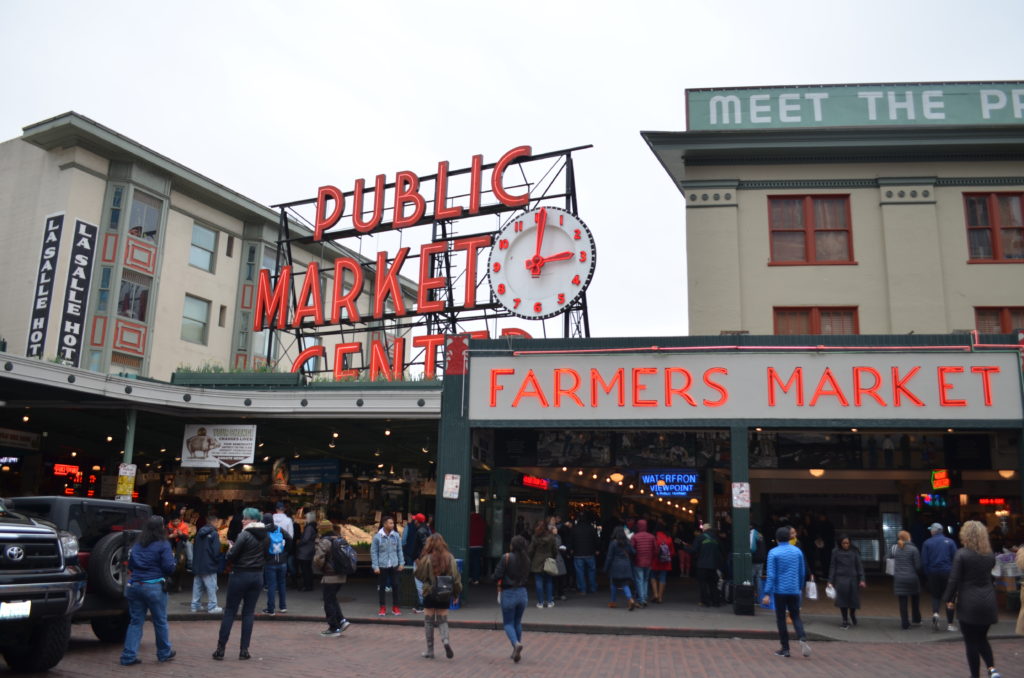
In the US, Smart Sustainable Nutrition LLC markets them.
The People Behind The Effort
We are a group of 3 high school friends with different backgrounds and professions. We currently live in strategic locations that help to accomplish our mission.

Miguel Echeverri
Hometown: Medellin – Colombia
Education:
- Mechanical Engineering – EAFIT
- Graduate Specialization in Project Management – EAFIT
Experience:
During the last ten years, Miguel has lived in 4 different countries: Australia, Venezuela, Argentina, and different regions of Colombia. In those nations, Miguel led extensive power generation projects such as in oil refineries and wind farms.
Hobbies and Interests:
Miguel loves being in nature, whether practicing sport fishing (catch and release) in Colombia’s jungles, riding his road bike around the countryside, and traveling. Miguel’s father owns a small coffee farm in Hatillo, Antioquia, and his love of the coffee culture inspired him to create his own coffee brand, Hatillo Coffee.

Diego Restrepo
Hometown: Miami, Florida – USA
Education:
- BA in Journalism and Communications – Universidad Pontificia Bolivariana
- Master Degree in Advertisement and Strategic Planning – IDEC Pompeu Fabra
- Master Degree in International Marketing – EAE Business School
- Master Degree in International Business – Florida International University
- Private and Commercial Pilot
Experience:
Diego has 10+ years in the advertisement/marketing/CRM/data industry. Over the years, he has learned how to detect market opportunities to boost business and brands.
Hobbies and Interests:
Mr. Restrepo considers himself a food enthusiast and an amateur cook. Diego is also an early adopter and fan of entomophagy – the practice of eating insects. He was the one who sold Miguel and Jaime on the idea for Insecta Nutrition.

Jaime A Rodriguez
Hometown: Seattle, Washington – USA
Education:
- Aerospace Engineering – University of Florida
- Mechanical Engineering – University of Florida
- Master of Business Administration (MBA) – University of Phoenix
- Private Pilot – Cessna Employees Flying Club
Experience:
Jaime has 10+ years of experience in starting, running and growing companies with an emphasis on strategic management, business-to-business (B2B) sales, and international sourcing. In early 2018, Jaime joined the world of e-commerce by teaching himself web development, search engine optimization (SEO), and online marketing.
Hobbies and Interests:
Jaime also loves being around nature, hiking, road/mountain biking, traveling, reading, and spending time with his wife, Marcia, and furry baby, Prada.

